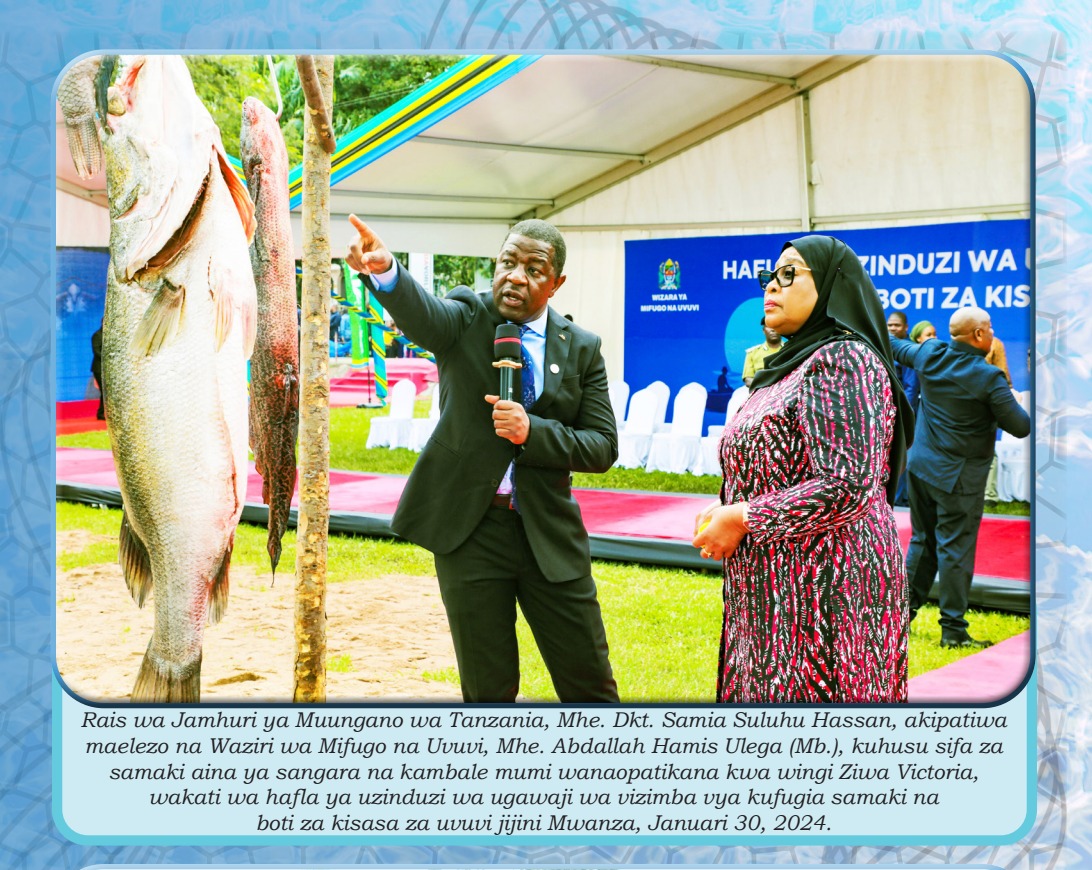2024/5 budget speech delivered by Hon. Abdallah Hamis Ulega (MP), Minister of Livestock and Fisheries, placed a strong emphasis on the government’s commitment to supporting livestock farmers. As the backbone of Tanzania’s agricultural economy, livestock farmers play a crucial role in ensuring food security, generating income, and sustaining rural livelihoods. The budget outlines various initiatives aimed at empowering livestock farmers and enhancing their productivity.
One of the key initiatives highlighted in the budget is the distribution of improved livestock breeds. The government has recognized the need to enhance the genetic quality of livestock to improve productivity. In the fiscal year 2023/2024, the government plans to distribute 60 Brahman bulls to livestock groups. These bulls are known for their superior genetics and ability to produce high-quality offspring. By providing farmers with access to these improved breeds, the government aims to increase meat and milk production, thereby boosting the incomes of livestock farmers.
Capacity-building programs are another major focus of the government’s support for livestock farmers. These programs aim to equip farmers with the knowledge and skills needed to adopt modern livestock management practices. Training sessions cover a wide range of topics, including animal husbandry, disease prevention, feed management, and marketing strategies. By enhancing the capacity of livestock farmers, the government aims to improve the overall productivity and profitability of the livestock sector.
Financial support through concessional loans is also a significant component of the government’s strategy to support livestock farmers. These loans are designed to provide farmers with the necessary capital to invest in essential inputs such as feed, veterinary services, and breeding stock. By making finance more accessible, the government aims to reduce the financial barriers that often hinder small-scale farmers from expanding their operations. The concessional nature of these loans ensures that farmers can access credit at affordable interest rates, making it easier for them to invest in their livestock enterprises.
The budget also highlights the importance of improving livestock infrastructure. Investments are being made in the construction and refurbishment of livestock markets, veterinary clinics, and water points. These facilities are essential for ensuring that livestock farmers have access to the services and resources they need to maintain healthy and productive herds. The establishment of new livestock markets, for instance, provides farmers with better opportunities to sell their animals at fair prices. Similarly, veterinary clinics equipped with modern diagnostic and treatment tools ensure that livestock receive timely and effective healthcare.
A notable initiative mentioned in the budget is the establishment of the Nsimbo Livestock Research Center. This center focuses on researching and developing new methods for improving livestock productivity and health. It also serves as a training hub for livestock farmers, providing them with hands-on experience in modern livestock management practices. The research center is expected to play a crucial role in driving innovation and disseminating best practices within the livestock sector.
The government’s efforts to support livestock farmers also include measures to control livestock diseases. The budget outlines extensive vaccination campaigns aimed at preventing the spread of common livestock diseases. By April 2024, a total of 616,070,986 doses had been used to vaccinate livestock against 13 priority diseases. These vaccination campaigns are crucial for maintaining the health of livestock and preventing economic losses due to disease outbreaks. The government also plans to enhance disease surveillance and response capabilities to ensure that any outbreaks are quickly detected and contained.
Another key aspect of the government’s support for livestock farmers is the promotion of sustainable grazing practices. The budget includes initiatives to establish and manage community grazing schemes. These schemes aim to improve pasture management and prevent overgrazing, which can lead to land degradation. By promoting sustainable grazing practices, the government aims to ensure that livestock farmers have access to adequate and nutritious forage throughout the year.
The budget speech by Hon. Abdallah Hamis Ulega (MP) also highlighted the importance of improving market access for livestock products. The government is working to establish new market linkages and develop export markets for Tanzanian livestock products. By enhancing market access, the government aims to increase the profitability of livestock farming and stimulate further growth in the sector. Quality control measures are also being implemented to ensure that Tanzanian livestock products meet international standards, thereby enhancing their competitiveness in global markets.
In conclusion, the support for livestock farmers outlined in the budget speech by Hon. Abdallah Hamis Ulega (MP) reflects the government’s commitment to empowering this crucial segment of Tanzania’s agricultural sector. By distributing improved breeds, providing capacity-building programs, offering financial support, improving infrastructure, and promoting sustainable practices, the government is taking comprehensive steps to enhance the productivity and profitability of livestock farming. These initiatives are expected to have a significant impact on the livelihoods of livestock farmers, contributing to the overall economic growth and development of Tanzania.
